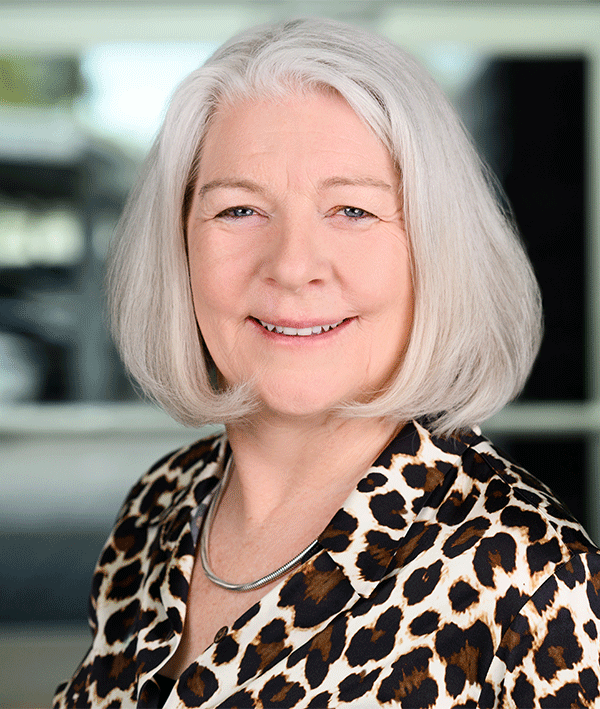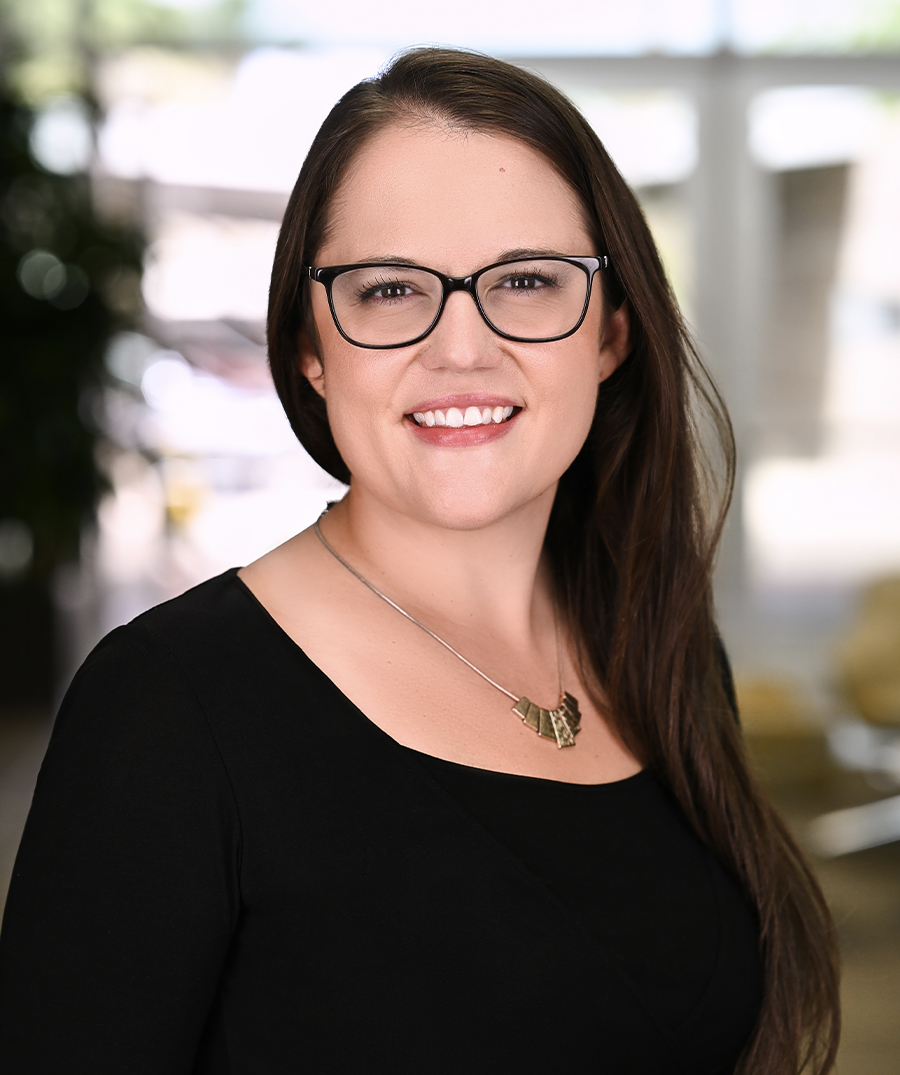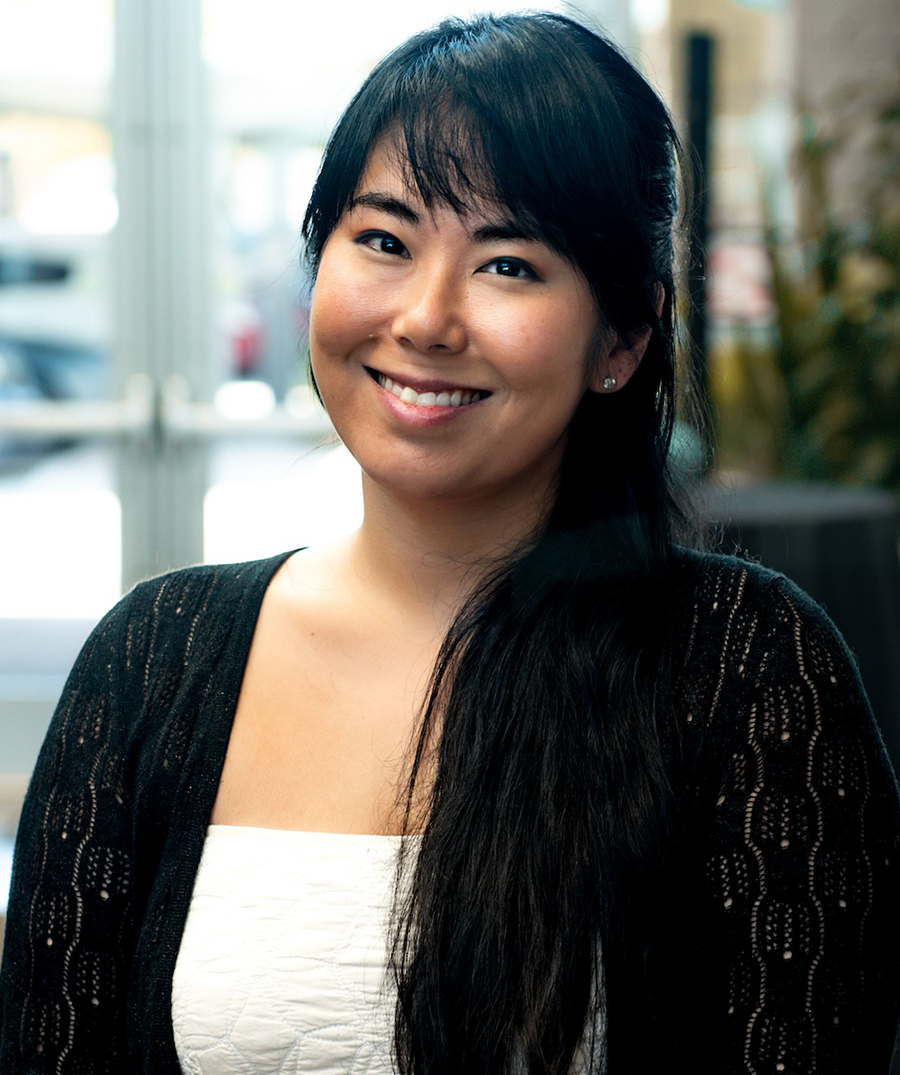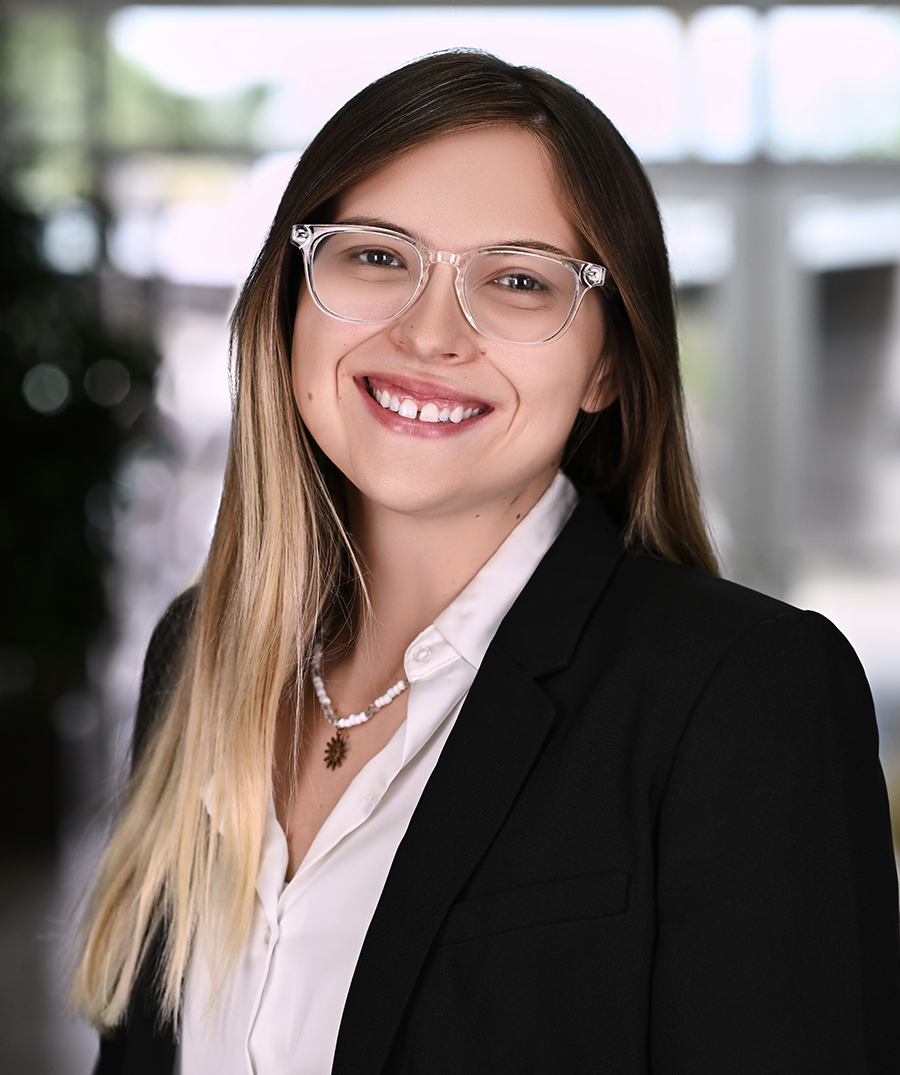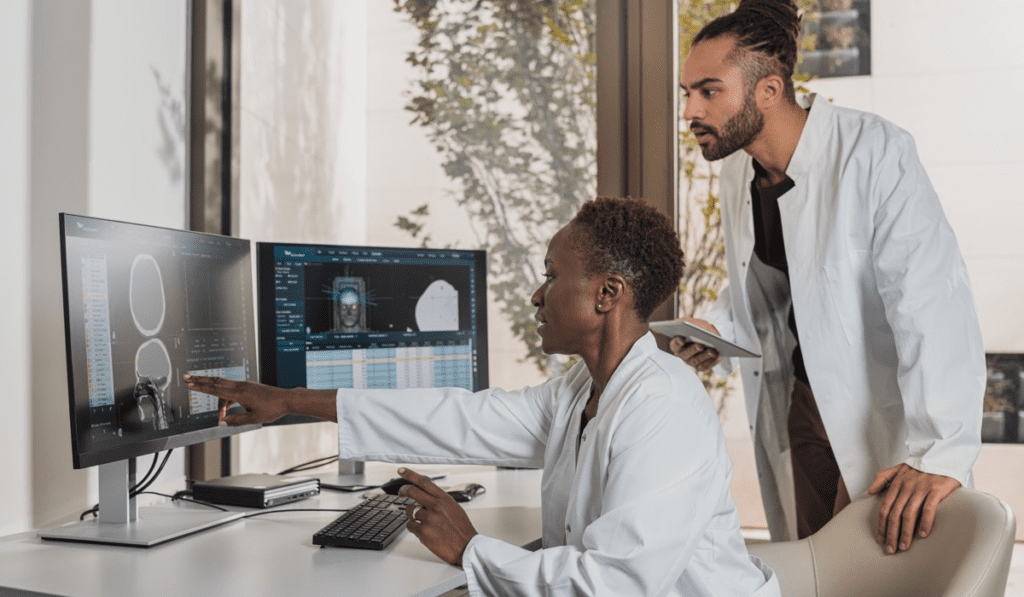
Who Should Apply
The Flinn Foundation seeks proposals from research teams with innovative solutions to well-defined and compelling clinical needs in the areas of precision medicine, diagnostics, devices, therapeutics, and health-care delivery processes. Proposed projects must have reached a point where they have significant potential to turn bench results into viable products or services to benefit patients in Arizona and beyond.
The Flinn Foundation Seed Grants to Promote Translational Research Program supports teams that include both scientists and clinicians affiliated with Arizona-based research institutions and/or health-care systems.
Each year, the Flinn Foundation funds about 10 research teams who each receive a $100,000 grant over 18 months, plus programmatic benefits. At the end of the grant period, the most successful projects may receive up to an additional $100,000 over the following year.
The deadline for the latest cycle of grants was Sept. 26. The awardees were notified in mid-December and the Flinn Foundation made its announcement in January 2025.
Stay tuned for details about the next application cycle.
Key Dates
August 1, 2024: Application opens
August 1, 2024: Live launch event at Venture Cafe Phoenix
August 8, 2024: Virtual information session
August 22, 2024: Virtual office hours
September 19, 2024: Virtual office hours
September 26, 2024: Application deadline (5 p.m.)
Mid-December 2024: Awardees notified
Requirements
Proposed projects for the Flinn Foundation Seed Grants to Promote Translational Research Program require:
- a letter of support from the vice president of research or their designee at the principal investigator’s institution;
- a 300-word project summary; and
- a slide deck with required elements.
Eligibility
For a research team to qualify for the program:
- The principal investigator must be employed by an Arizona-based, nonprofit academic- or medical-research institution or health system;
- The proposed product and/or process must address a clearly defined, compelling clinical need;
- The project team must have a blend of skills (e.g., scientific, clinical, engineering, business, regulatory) to meet the proposal goals;
- The principal investigator must agree to participate in grant programming provided by the Flinn Foundation;
- Previous Flinn Foundation grantees may apply as a principal investigator if all previous Flinn grants are closed; and
- The principal investigator must have, or be working with their institution on, an agreed path for licensing or ownership of the project’s IP.
Benefits
Beyond the $100,000 grant, the program provides:
- Membership during the grant period on Arizona’s Bioscience Roadmap Steering Committee;
- Connections with research and industry experts;
- Quarterly check-ins and workshops to enhance teams’ skillsets in product development and commercialization; and
- Referrals to programs, resources, and product-development/product-launch experts.
Program Expectations
Expectations of Project Teams
Selected teams will report quarterly and regularly present their case to scientific and industry leaders. By the end of the grant period, successful teams will significantly de-risk their product/process, refine their design, and/or acquire critical validation data. They will secure or have a well-defined plan to secure new funding to carry their project forward to real-world impact.
Ideally, prior to the start of the grant period, the PI should have IRB approval and a plan for addressing intellectual property issues with their institution, including ownership and licensing of technology.
Expectations of the Institution
The PI’s home institution must provide a letter of support signed by the Vice President of Research or their designee. The institution should have worked with the PI to secure IP or be in the process of doing so, with a path to agreement on licensing or ownership of the IP.
Use of Funds
The PI’s home institution will administer the grant; up to 10% of funds are allowable for administrative or institutional fees (indirect costs).
Grant funding can cover or offset expenditures such as:
- Program-related lab expenses (materials, support staff, analysis).
- Prototype development, testing, and validation.
- Animal-model tests.
- Publication of data.
- Development/refinement of business plan and customer discovery.
- Development of proposals for follow-on funding from Small Business Innovation Research funds, National Institutes of Health grants, angel investments, philanthropic funds, etc.
The Flinn Foundation may permit other uses of funds if deemed appropriate in the context of program goals and the nature of the team’s research. Funds may not support salaries, benefits, or other compensation of the PI or co-PI(s), or be applied toward prior debt.
Application Evaluation
Proposals will be evaluated by an independent review committee of academic and industry experts appointed by the Flinn Foundation. Constructive feedback will be offered to applicants.
Contact
For more information about the program or application process, contact Mary O’Reilly, Ph.D., Flinn Foundation Vice President, Bioscience Research Programs.
“This grant helped us pursue our passion: developing solutions for unmet needs of people with Type 1 diabetes. The award enabled us to test our ideas at the bedside, then at the bench—with the aim to translate them back soon.”
Sampathkumar Rangasamy, Ph.D., Principal Investigator
Translational Genomics Research Institute in partnership with Mayo Clinic: “An innovative application for diabetes personalized care“
- Read about the program’s history and goals
- Learn about current and past participants
- Review our promotional flyer
- See our Scoring Rubric and FAQs
- Watch our virtual information session
- View the information session slide deck
